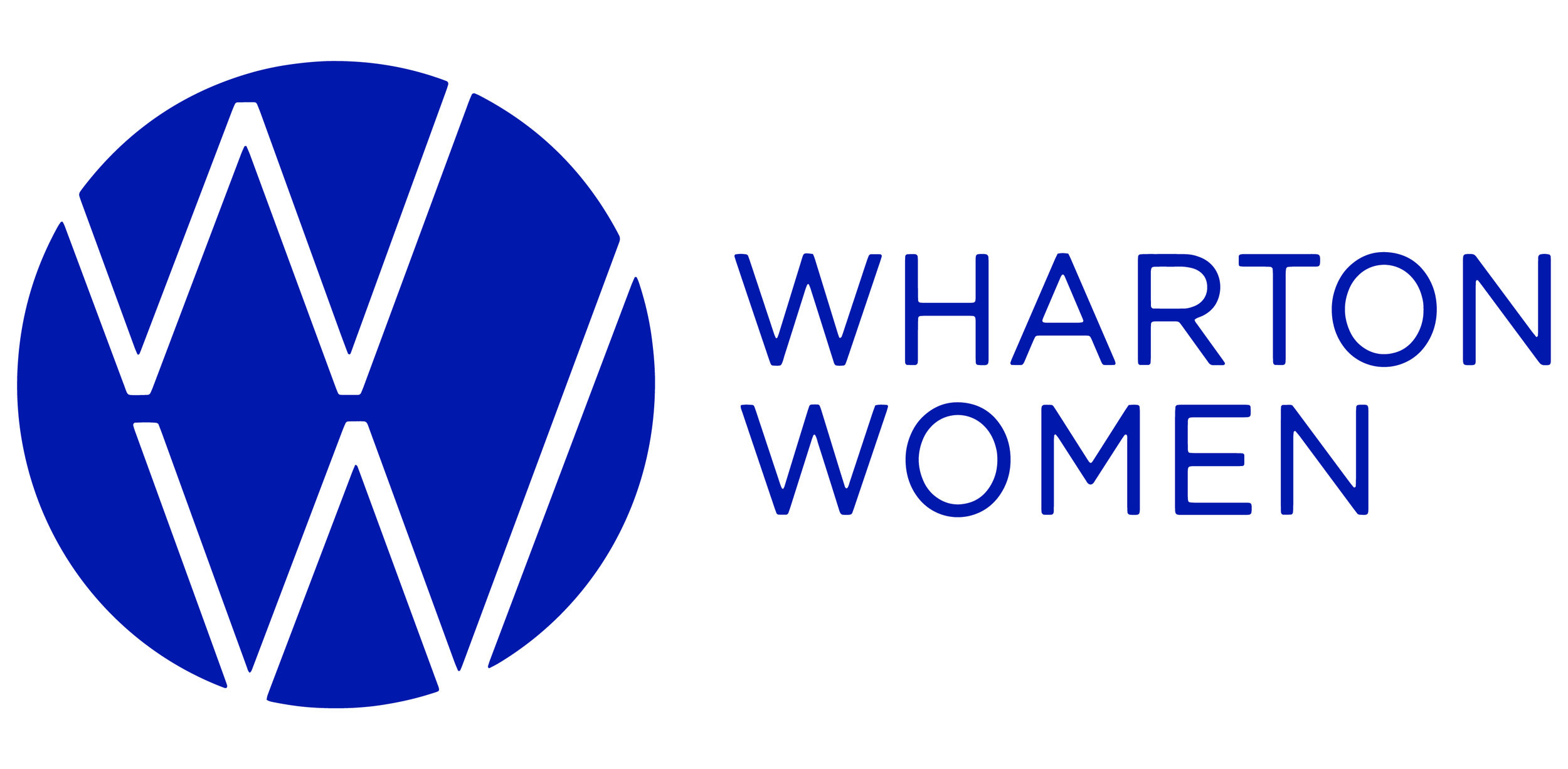Kathleen Zhou W'17
Email: zhou.m.kathleen@gmail.com
What did you study at Penn and when did you graduate?
I graduated in 2017, with a concentration in Statistics and minors in French and Mathematics.
What were you involved with as an undergraduate?
I tried a wide range of things. During freshman and sophomore year, I was involved with Impact Magazine (and a few other magazines at the Kelly Writers House), Wharton Women, and Wharton Asia Exchange, but by junior and senior year I was really involved with the Philomathean society, which is a literary society.
What do you do now and where are you based?
Now I work at DoorDash on the Caviar team as the New Verticals lead. My role sits within the Strategy & Operations organization, which means I get to work on a diversity of projects—some are more purely analytical projects and some are more high-level strategy. It’s a role with a lot of responsibility and is highly self-directed, but I love how nimble the team is. I’m able to implement new projects, iterate very quickly, and see results. We are given the space to collaborate with our cross-functional partners to test ideas and gain valuable learnings.
What past positions have you held?
I worked at Capital One for 3 years as a Business Analyst and moved around quite a bit to try out different paths like credit analytics and customer service operations. Capital One operates in a very different regulatory environment compared to DoorDash, so projects definitely took longer to implement.
How has being a woman affected your career trajectory, if it has?
I’ve worked in industries and on teams that tended to have few women and few people of color. When you’re one of the very few women in the room, you’ll stand out - for better or for worse. Being a woman has meant I’ve been more deliberate about the roles or teams I’ve chosen - I’ve always looked for teams with diverse talent and leaders who promote different points of view.
What is one problem, issue, or idea that you think more people should know about?
The majority of people who work at an organization want to leave a positive impact and do good. The majority of firms also talk about how they’re mission-driven and how they’re improving the world. People should be cognizant of the real social impact of the companies they work for. There is a difference between a firm that is mission-conscious and mission-driven. A mission-conscious firm will claim to care about their impact, but that might not filter down to all of their actions. I think the recent Facebook papers are a good demonstration of how a firm’s actions can clash with its stated mission, but it’s also naive to assume that large companies like Facebook only positively impact the world.
What advice do you wish you had known when you were an undergraduate?
I spent a lot of time in undergrad doing things that I thought were necessary for me to be successful. I wish I had known that there is no formula for success. When I listened to other students talking about getting jobs in finance, I thought I should too, despite the fact I didn’t enjoy my finance classes. I wish I stopped interviewing for jobs I didn’t want and had taken more courses that I enjoyed. Some people think that getting the right internship or taking the right courses will unlock success and happiness. But happiness and success look different for everyone, so take the time to think about what makes you happy and what you enjoy doing.
What’s your favorite place you’ve ever been to?
Last month I went to Acadia National Park in Maine, and I really enjoyed hiking there. Pre-pandemic, my favourite place was Budapest. It was amazing to see the intersection between Eastern and Western Europe.
